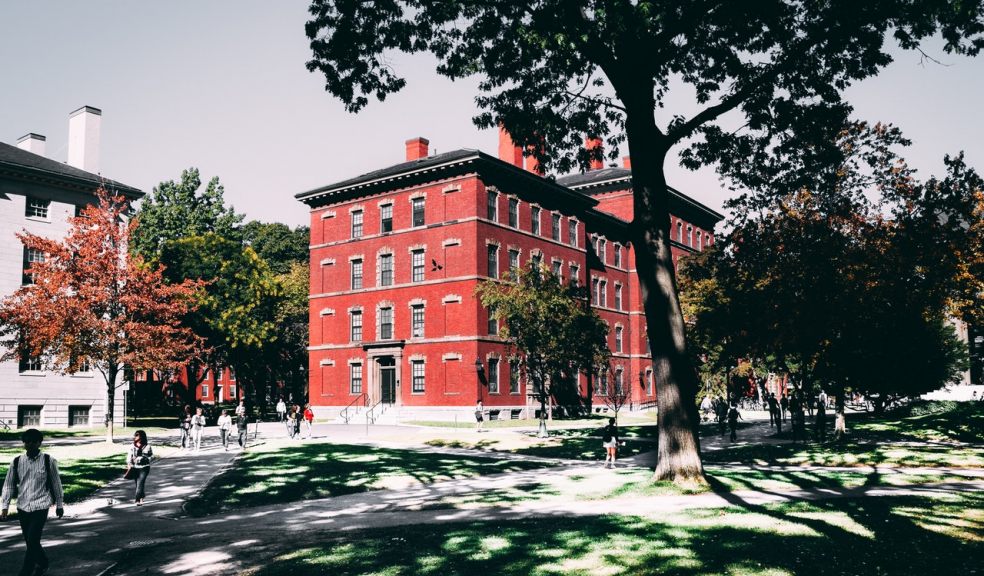
Moving out of halls: How to find private off-campus student accommodation
Far too many students fall into expensive traps when renting. According to our National Student Accommodation Survey, one-third of students believe their uni accommodation is poor value for money. What is student accommodation really like?
The UK’s most popular accommodations are privately rented homes. About 2 out of 5 students rent a flat, house or room from an agency or a private landlord, making it the top choice yet again.
Things are somehow different this year, as the novice majority stick with uni accommodation. While this might seem like a safe option, it is also the priciest one.
That said, a growing number of students are seeking private halls of residence as they have a rep for upscale extras and high rents, but do not be misled. Another report shows that some off-campus private housing options are more affordable than uni-owned housing.
Where to start? Tru to resist the urge to go on a house hunt rush and start looking for properties properly. This might be your chance to make a more educated decision and avoid shelling out to live in a home you despise.
When Should I Start Looking?
Moving into a house with your best mates in your second year can be both exciting and daunting. It may be the first time that any of you face the often-demanding renting process - let alone you have to make sure that everyone's content. When to start? This will depend entirely on where you are in the country because it varies by region. The reasons for this can be anything from the type of housing available to the ratio of proprieties for students, whatever the reason might be there are plenty of useful resources for students you can delve through to find the right place at the right time.
Student experiences can really change, with each region's housing market working differently. For instance, even though there are more affordable options outside the capital, the relatively higher population in these areas will mean strong competition from other students wanting the same as you.
And, given London's short and snappy rental market, there is no point in searching properly until much closer to your moving date.
Avoid making rushed decisions that you might regret later. One student survey shows that 39% of students felt pressured to start looking for housing – but here you should consider whether your housemates are happy with everything before you're signing up.
How do I find housemates?
Compared to running around looking for the right accommodation at the right price, finding housemates is the easiest part. If you have someone in mind that you'd enjoy living with, that's great. There is a chance to feel awkward asking them if they have anything sorted out –but don't hesitate to contact them a few days later to see if they're interested.
Do not ask them in person. Use social media to make them feel more comfortable. This will give them enough time to consider your offer. If you are still in the quest for housemates, consider the following options:
- Friends from your course
- Uni social media channels
- Friends from halls
- Friends from clubs and societies
Deciding on preferences
Have you decided who is going to be your group of future housemates? Great. Here's where the fun part begins- you'll need to narrow down your property search by searching for what everyone is looking for. Not sure what you should be looking for? Ask yourself the following questions before you get started:
- Does someone in your group have a preferred neighborhood or area to live in? This can be anything from being close to the library, wanting to feel safe, and being close to lots of clubs and bars. How often will you visit the campus? Do you want to be able to cycle or walk-in?
- Does anyone have a car? If so, you might need to consider parking options.
- Does someone in your group need to travel often? If one of your friends regularly goes home, then you should think about nearby transport options.
Lending agents vs. landlords
While choosing a landlord will mean you get direct contact with the property owner, agencies, on the other hand, will act as an intermediary on behalf of the landlord's behalf. Going for an agency will give you more security as you can easily check complaints and reviews their website. However, you'll perhaps save some money by directly using a landlord. Why? Some agencies tend to add extra fees, including costs for setting up the inventory and credit checks.
What to look for when viewing a property?
Contrary to what you might have been told, you won't have too much time to see a house. If the current occupants are there, this might get a bit awkward and even difficult to imagine how the whole place will look like without all their stuff.
Anyway, here are few things to ask about or look for when viewing a student rental property:
Neighbors There is nothing worse than noisy neighbors. That's the last thing you want during the most important years of your life. Take a look at how the neighbor's property looks from the outside – if you've found a" party house" from the number of bottles outside, think about how the all-night noise will impact you during exams.
Damp or mold Try to use your nose- typically, the first sign of a potential damp is that rotten, dank smell. If possible, ask your current tenants if they've encountered any problems. Mold exposure isn't only unpleasant – it's also bad for your health.
What does the rent cover? Male sure you know how much the deposit actually is and whether other fees and bills are included in the rent cost. If the bills come separately, you'll most likely be able to shop for a cheaper provider.
What's next? After you've finally reached an agreement with your housemates, you may consider negotiating the rent. Contrary to what you might have heard, the rental price isn't signed in blood, so don't be afraid to negotiate.




















